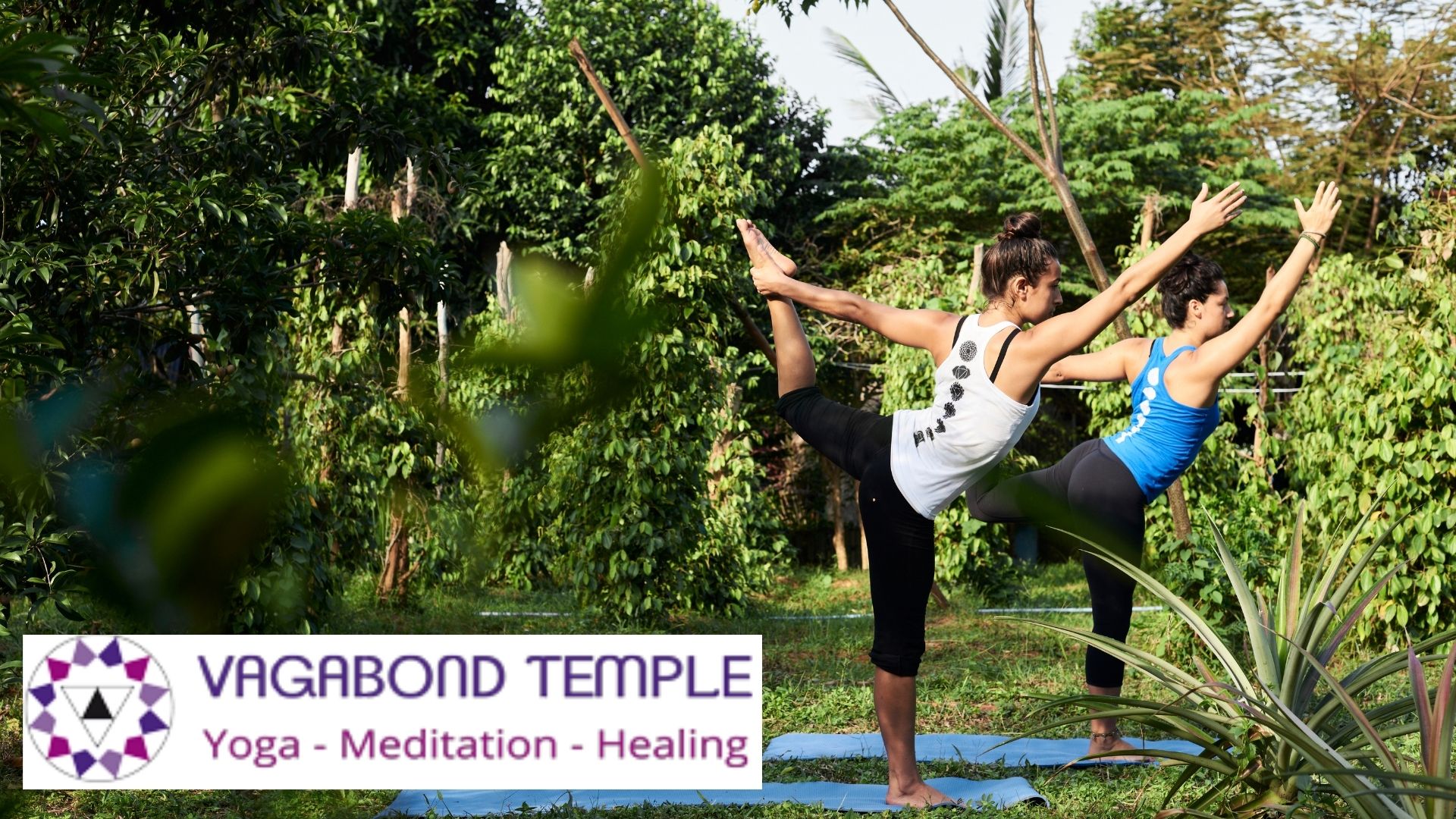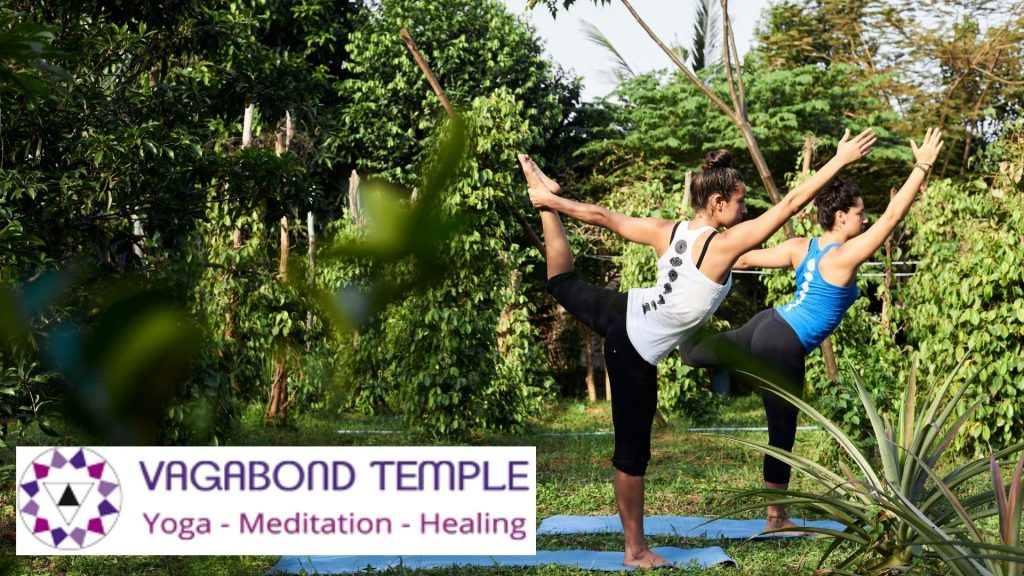Why you should do a Yoga for Mental Health Course

When you practice yoga, you get a powerful combination of physical poses, deep breathing, increased awareness, and mindfulness. This combination has an invaluable impact on both physical flexibility and strength and mental and emotional balance. This is why it is highly recommended for people who feel that their mind is out of control or feel emotionally overwhelmed to take a yoga for mental health course.
This was further supported by research published in The Daily Mail. According to one of the largest studies looking at the connections between exercise and mental health issues, over 50% of people with depression saw their symptoms improve after weekly yoga sessions.
There are many different types of yoga, but no matter which stream you choose to practice, they all aim to bring you into harmony with yourself. Long-time practitioners report that the yoga practice helped them with a range of aspects like relaxation and reducing stress, emotional regulation, changing their belief system, becoming more positive, getting more clarity, feeling more connected, having a sense of purpose, and more.
We can say that yoga is a kind of natural antidepressant therapy that helps improve mental health. Many of the techniques employed in yoga for mental health courses are helpful for those who suffer from anxiety and depression. This may explain why so many people practice yoga.
Whether you choose to do your yoga course online, in a weekly classes setup, or immerse yourself in an in-depth yoga and meditation retreat, you can get the benefits of relaxation, clamminess of the mind, and emotional balance.
The benefits of Yoga on Your Mental Health
Release helpful brain chemicals.
Many people are turning to yoga to avoid the conventional talk and medication approach to depression or using yoga as a complementary method that can go well with the conventional one.
Yoga has been shown to lower stress hormones in our bodies while simultaneously increasing beneficial brain chemicals like dopamine, serotonin, and norepinephrine. These feel-good chemicals help decrease anxiety and improve mood.
Working with the Yoga asana promotes relaxation.
The practice of various yoga postures requires the tensing and stretching and then relaxing of muscle groups and joints, which effectively produces relaxation in much the same way as a massage. In yoga, you can also find many restorative poses that allow you to fully let go of all your worries and be in the moment.
Yoga helps to balance the nervous system.
Most people find it challenging to switch from the hyperarousal of the sympathetic nervous system (the flight or fight system that helps us keep ourselves safe and be active) to the parasympathetic nervous system (Rest and Digest system). This results in symptoms of anxiety, panic, agitation, feeling overwhelmed, and chronic stress.
Yoga helps with rebalancing the nervous system and train you to switch from one system to another, making you feel more calm, collected, and relaxed.
The importance of breathing in yoga is also a significant factor in creating mental and emotional well-being. Especially deep diaphragm breathing, which activates the parasympathetic nervous system as well as the vagus nerve (which is like the boss of the system).
Breathing Helps you to release emotions.
There’s a reason why people tell you to “Take a deep breath” when you’re angry or upset. Taking control of your breath helps you interrupt and redirect your emotions’ flow. When you are anxious or upset, your breath becomes shallow and fast. The increased self-awareness associated with the practice of yoga helps to bring attention to the way you breathe, making it slow and effortlessly. Belly breathing release tension and trauma stored in the body. The slow, deep breathing rhythm aids in disengaging from distracting thoughts and sensations and is especially helpful if you tend to hold emotions in your stomach.
Yoga helps you control Your mind.
Yoga teaches you how to concentred, increase your awareness of the present moment and become more focused.
Your brain cells develop new connections, and changes occur in brain structure, resulting in improved cognitive skills, such as learning and memory. When you take a yoga for mental health course, it is like weightlifting for the brain. You gain more control over your mind, giving you more clarity, the ability to make decisions, face life challenges, think outside of the box, and be more creative.
Yoga and Meditation Retreat Booking
Taking a yoga for mental health course can benefit many people, especially if it is done in a yoga and meditation retreat center like Vagabond Temple.
Our retreats provide a holistic experience and significant emphasis on exposing you to practices that improve your mental-emotional well-being. You will find professional teachers, a compassionate community, and uplifting energy at our center, creating a supportive environment to heal and grow. Our location in Kep, Cambodia, provides a feeling of relaxation and peace. Join us and enjoy the tranquility and beautiful combination of mountain, jungle, and ocean views.




